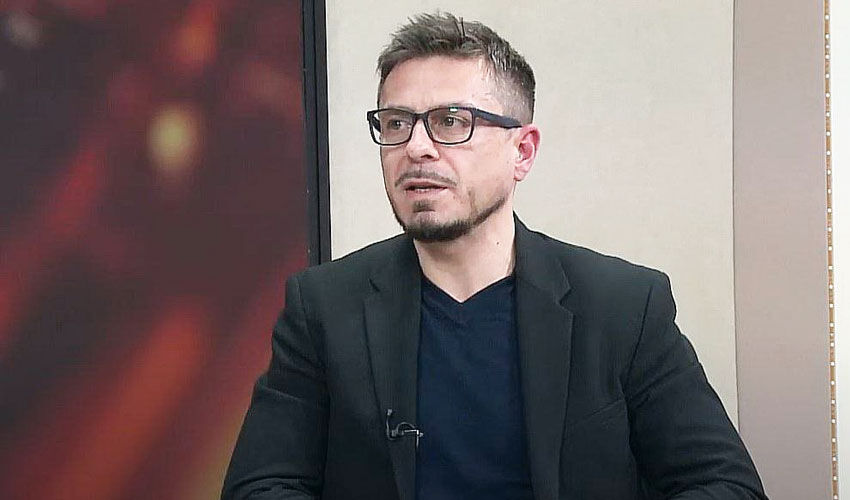
Jan Lisniewski
Previously, deputies at least blushed (sometimes even apologized) for insulting their colleagues. After 2021, this turned into an “individual style of conducting meetings”.
Before 2021, intimidating the opposition was considered an infringement of democracy. Today, the same is justified by fighting hybrid threats and even protecting national security.
It would seem that in such a situation the only arbiter could be international partners. But even here the standards are not consistent. The opposition is trying to bring to their attention what they consider to be violations in the current election campaign. Their list is impressive: the use of administrative resources by the government, discrimination of voters by place of residence, “information manipulation and media monopoly” of the ruling party, unofficial election campaign launched three months before its legal start, use of the Constitutional Court “as a political tool and harassment of the opposition”, administrative and criminal pressure. Not to mention the change of electoral legislation in the election year against the recommendations of international organizations.
So what? Has anyone seen any reaction from a single embassy? Or maybe all this will be reflected in the reports of international observers – with objective and comprehensive conclusions? Sociologist and analyst Jan Lisniewski, director of Intellect Group, a political research and consulting company, thinks not. The reason is that international observers are too poorly informed about the real situation in the country. Most of these missions arrive only on election day and encounter the local political and electoral context for the first time.
“The quality of observation has deteriorated because the world has become too ‘intense’ – observers simply do not have enough time to pay proper attention to a region. Few people really understand what is really going on. Here was everyone laughing at Dorin Recean’s “bubbles” when he said in Davos: “It was very difficult for the government to burst the bubbles.” But he is right. Everyone lives in their own information bubbles: the government – in its own vacuum, the opposition – in its own vacuum, international observers – in their own vacuum. Even the most respected international experts continue to divide parties into “pro-Kremlin” and “pro-European”, although most parties have a European vector in their doctrines. Almost every opposition party has already been labeled with a template. Therefore, it will be extremely difficult to achieve qualitative and objective results of the monitoring,” Jan Lisniewski shared with Logos Press.
Over the past two years, Intellect Group services have been increasingly sought from abroad for risk analysis, because they do not fully understand what is happening here. When they come to the polling stations on election day, they see a pretty picture, but they don’t know the essence.
“They don’t know about the schemes. And I’m not just talking about “Shor’s nets”, but also about schemes related to power: administrative resources, election promises, creation of structures in the diaspora – because it works on the same principle of “nets”. And they started building this long before the elections – six months, a year in advance. Already in December the structures were renewed, meetings were held in March. I am not saying that this is illegal, but it is on the verge of crossing the red lines of the use of administrative resources. That’s when the surveillance should have started. I don’t think there will be significant irregularities on Election Day itself, on Sunday. Everything that should have happened has already actually happened,” says the sociologist.
He is sure that the opposition should already start preparing for the parliamentary elections in 2029, including working with the diaspora and creating its own structures, based on the same principles as the current government.
Promo-LEX observers will be present in 130 out of 301 polling stations opened abroad. Of the more than 40 delegations of international observers (the OSCE/ODIHR has the largest delegation – 264 observers and 164 interpreters) accredited by the CEC to observe the current elections, none will be present at the polling stations abroad. This leaves a significant part of the voting outside of external monitoring, while it was abroad that an active campaign to mobilize the electorate was launched.
And another thing about competence. The same international observer missions, which will now monitor us, noted “notable efforts of the state to improve the electoral integrity and high efficiency of organization” of the presidential elections in Romania. But this did not prevent the Constitutional Court from nullifying them.
What then is the point of monitoring missions? Well, five hundred observers will come to us, walk through the polling stations, wag their fingers – you, say, observe democracy here. Or what?

